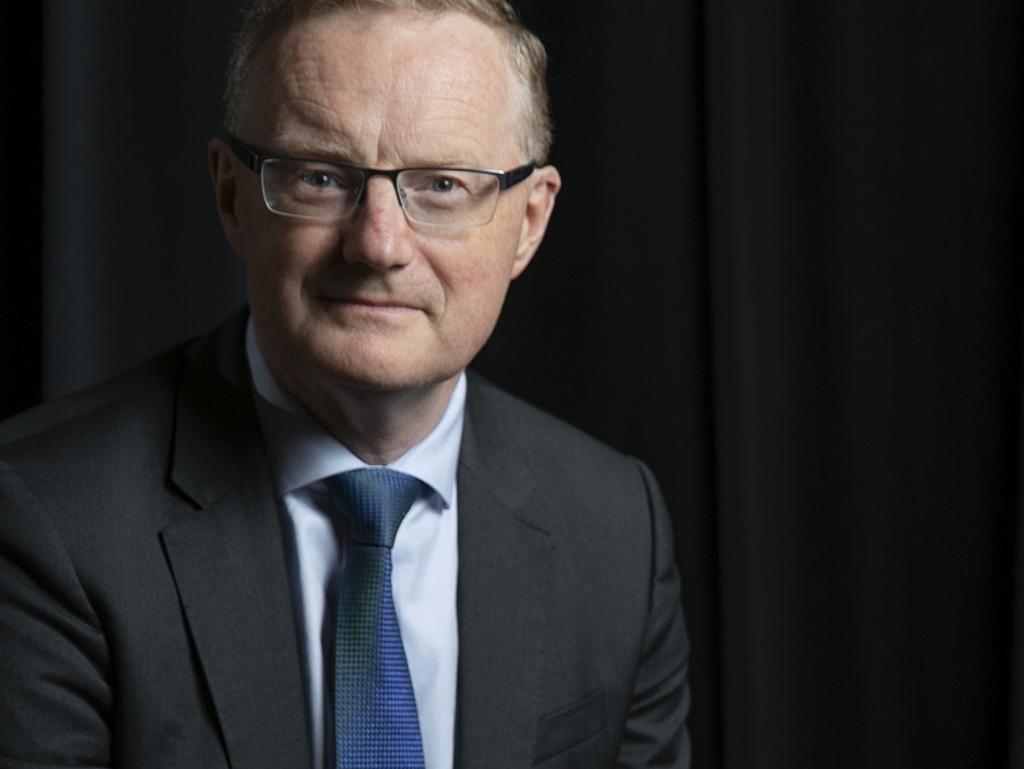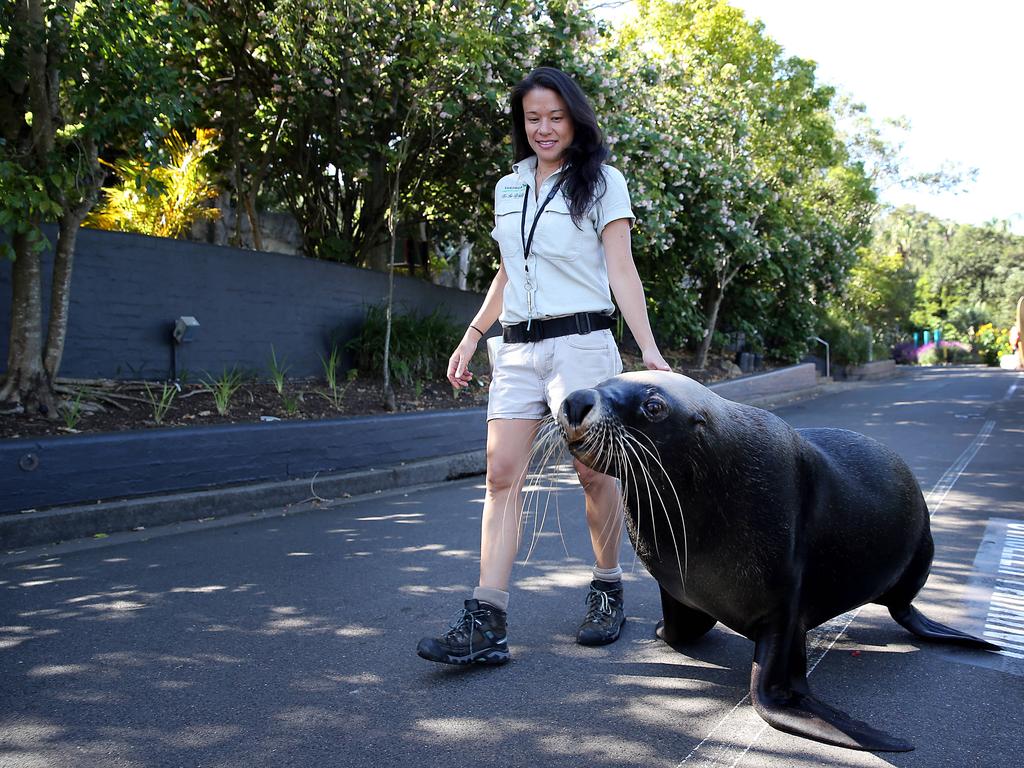Butterfly effect takes off: COVID clips airports’ wings
Airlines face an indefinite shutdown as Australia’s largest aviation ground operation company is set to mothball its business in days.

Airlines face a potential indefinite shutdown on major air routes across the country as Australia’s largest aviation ground operation company is poised to axe more than 80 per cent of its workers within days and begin liquidating critical airport assets.
The imminent move by Swissport to mothball its operations risks crippling the ability of some airlines to take to the air again after the coronavirus pandemic eases because ground operations are deemed essential for the safety of aircraft, baggage handling and security.
In the first potential domino to fall after Virgin Australia’s collapse on Tuesday, Swissport has warned that 2000 of its workers, some highly trained in security protocol, will be made redundant within the next five to 10 days.
The company would also look to sell down some of its assets, including baggage-loading equipment and aircraft-towing trucks, stairs and container loaders.
Any delay to the restart of the aviation industry as a result could hamper the economic “snapback”.
While the government has said it offered $1.2bn in assistance to the aviation sector in total, none of this money has been made available to ground operators, on which the airlines depend.
The company yesterday alerted Qantas, Jetstar, Qantaslink and Virgin of the imminent closure of its operations, causing the airlines to express their concern about their ability to start flying again when restrictions are lifted.
While the mothballing of the business would have minimal impact while planes are still grounded due to the pandemic, the company said planes across the country could remain grounded indefinitely because ground and flight safety operations would have been shut down across almost the entire regional network, as well as some capital city routes.
Deputy Prime Minister and Transport Minister Michael McCormack said the government would consider a request by the company for a $125m rescue package, saying he received correspondence from Swissport on Monday. He also urged the company to access the JobKeeper program.
“I will seriously look at what they put in front of me … I’m happy to talk to the company … I understand what role they play,” he told The Australian.
“I wouldn’t downplay what they have put in front of me … we will treat it in the normal way. I don’t treat this as an ambit claim.”
Swissport executive vice-president Asia-Pacific Glenn Rutherford told The Australian the collapse of Virgin had accelerated the winding down of the business, with the airline understood to owe Swissport several million dollars in unpaid bills that are now unlikely to be recouped.
He said the mothballing of the business would also have consequences for border security because its frontline staff were trained to be alert to terrorism and criminal threats in the nation’s airports.
“This will have a material impact when (the government) eventually turns the industry back on,” Mr Rutherford told The Australian.
“As soon as they open the borders and gates, it may take months … and all those skills and equipment will be gone. There will be a crisis in getting it back into operation.”
Mr Rutherford confirmed he had spoken to the major airlines about the company’s decision to hibernate the business.
“They have concerns that if we are not there it will be a real problem,” he said.
The decision to move to a shutdown was already on the books before Virgin went into administration, with the company suffering a 90 per cent loss in revenue since COVID-19 shut down the sector.
Staff are unlikely to be eligible for JobKeeper payments as the workforce is to be laid off rather than stood down.
The company said it would not be able to meet the liability of keeping up worker entitlements for six months to a year if it were to have any chance of restarting the business once the pandemic passes.
But Mr Rutherford said even then it would take months or years to bring an operation back to full capacity to meet the minimal requirements for staff training, with many workers being highly skilled in security protocols.
Specialised equipment would also have to be replaced.
A skeleton workforce of 500 will be retained by Swissport to service commitments made to the government which announced two weeks ago it would fund a minimal sub-scale network split between Virgin and Qantas.
However, the ability of the company to ramp up operations once flight restrictions are lifted could take months, meaning planes may be allowed to fly but will not be able to because of limited ground operations.
Mr Rutherford said this was not an ambit claim by the company to seek access to government funds.
“No, this is serious,” he said.
Swissport is the largest supplier of ground operations in Australia, servicing most regional airports and the majority of Virgin, Jetstar and Tiger flights. It also services Qantas on regional routes and some domestic routes.
The suspension of operations will also impact international flights coming into Australia after the flight ban is lifted because the company services 25 per cent of all inbound and outbound flights.
Mr Rutherford said the company, which came into the crisis with a strong balance sheet, was in a balancing act of trying to keep liquidity in the business to keep it alive once the pandemic crisis was over, but also retaining enough skill to be able to rebirth the operations to service airlines.
“To start up again at small scale, one or two flights a day, is doable, but to do them in large scale of 20 to 30 a day, with a brand new group of people, is a hard task … it would be an unacceptable risk,’’ he said.
“We will still exist … but we won’t have the capacity to turn it back on any time quickly.”








To join the conversation, please log in. Don't have an account? Register
Join the conversation, you are commenting as Logout